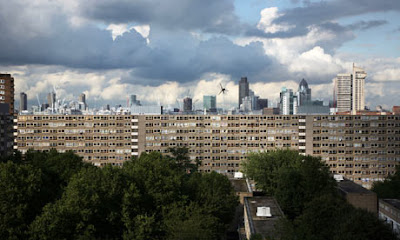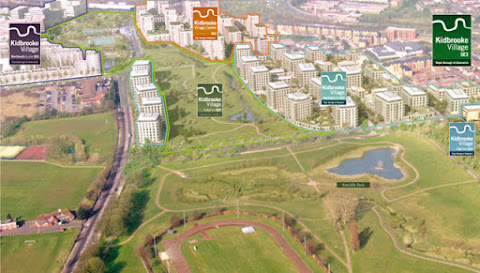 |
| Link to Evening Standard |
"Prices have surged since Christmas as buyers flood into the market, while rents are going up at more than three times the rate of inflation.
"The average London home jumped in value by 2.5 per cent last month to a record £373,207, according to the Land Registry. Prices are now 7.1 per cent higher than they were a year ago."














































